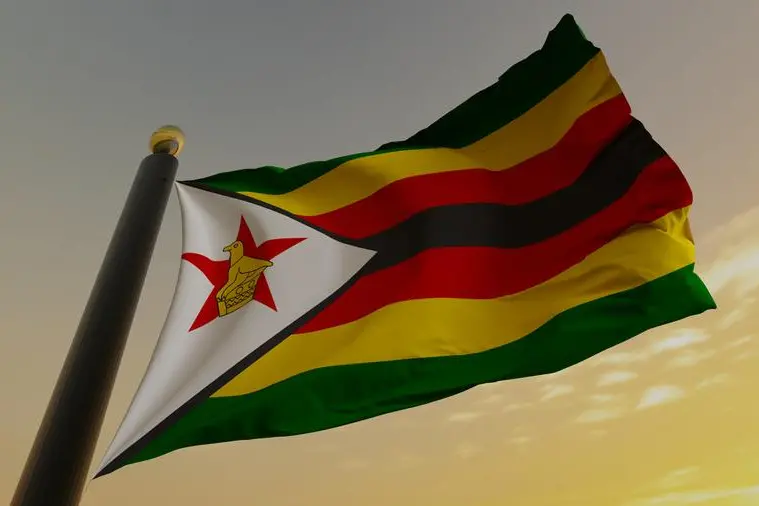PHOTO
Zimbabwe has declared a state of emergency in the capital, Harare, over a cholera outbreak that has claimed dozens of lives across the country, the city's mayor said on Friday.
Harare, a city of 1.5 million people, has been badly hit by an outbreak of the disease that has affected all provinces of the southern African nation.
"We have declared a state of emergency because the situation is now very bad," Harare Mayor Ian Makone told AFP.
"The disease is spreading across the city."
Zimbabwe has recorded more than 7,000 suspected cholera cases and almost 150 deaths, of which 51 have been confirmed by laboratory tests, since the outbreak was reported in February.
At least 12 people have died in Harare.
Cholera outbreaks occur regularly in Zimbabwean cities where supplies of drinking water and sanitation facilities are erratic and infrastructure has collapsed due to years of neglect.
The disease is contracted from a bacterium that is generally transmitted through contaminated food or water.
"People have dug wells close to pit latrines, especially in mushrooming settlements and other suburbs which do not have running water. This means their drinking water is contaminated," Makone said.
Some officials have drawn comparisons with 2008, when cholera claimed at least 4,000 lives in Zimbabwe and at least 100,000 people fell ill.
That outbreak happened at the height of the country's economic crisis when most of the public hospitals were closed due to a shortage of medicines and the flight of health workers abroad.
Makone said local authorities, the health ministry and aid groups have joined forces to double the supply of water in affected areas and carry out awareness campaigns.
Earlier this year, the United Nations said Cholera has experienced a global resurgence since 2021 after a decade of steady decline.





















